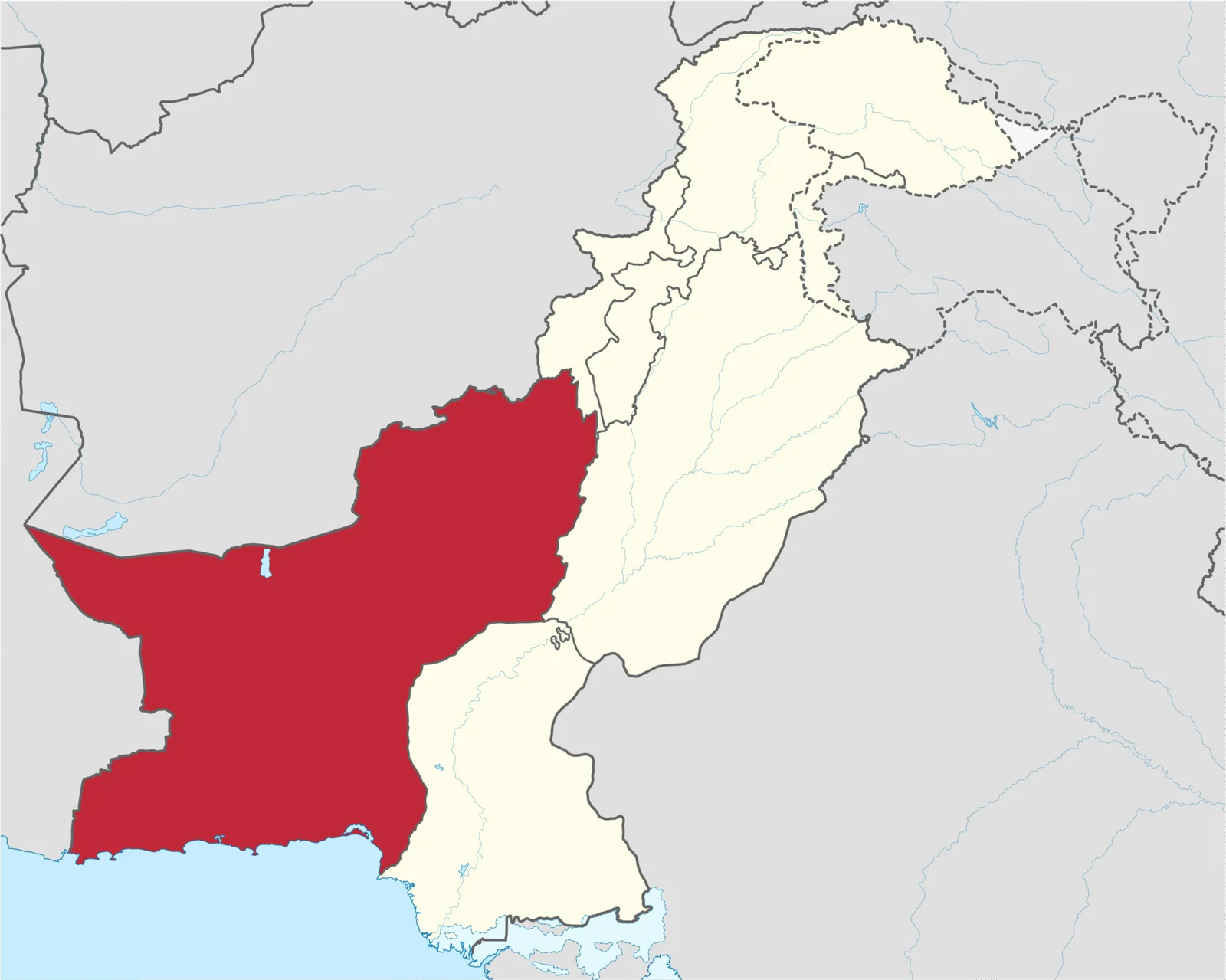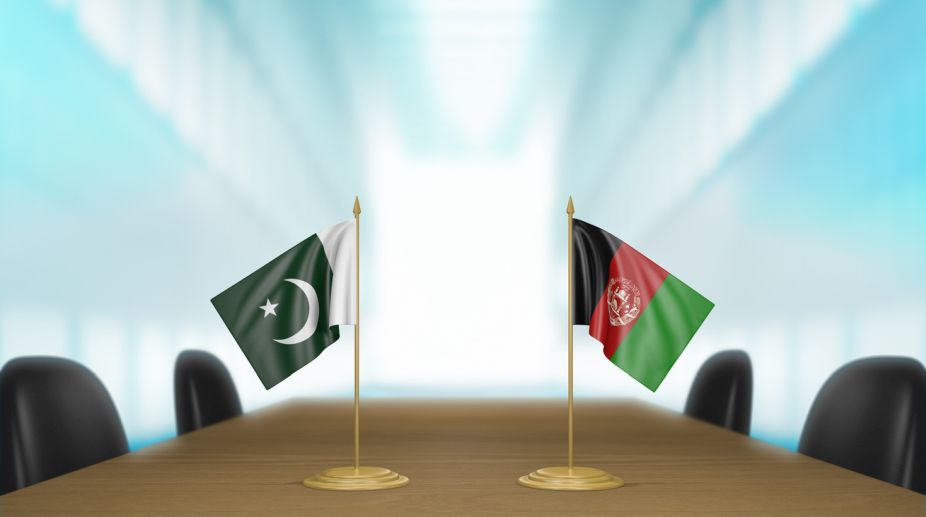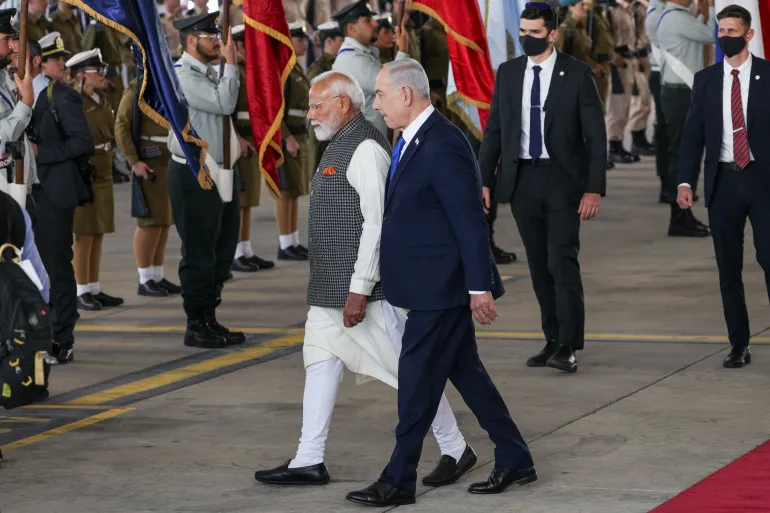Editorial
As Pakistan urgently undertakes significant reforms to reshape its economy, the goal is to eliminate barriers that hinder growth and decrease the government’s excessive involvement in economic matters. This overreach has led to poor levels of economic freedom, where certain groups receive preferential treatment, while many others face challenges in accessing equal opportunities and resources.
This lack of economic freedom has caused Pakistan to fall behind in various global rankings. A recent report highlighted that the country ranks 147th out of 184 in the Heritage Index of Economic Freedom for 2023, classified as a “repressed” economy—the lowest category. Similarly, the Fraser Institute placed Pakistan in the third quartile of its Economic Freedom of the World Index for 2023.
In simple terms, economic freedom allows individuals and businesses to make their own economic choices without excessive government interference. This requires a solid legal framework that protects property rights and ensures contract enforcement, a fair tax system that treats all citizens equally, the rule of law, transparent regulations, and minimal barriers to trade and investment.
Currently, Pakistan’s economic model falls short in these areas. The IMF has noted that numerous policy restrictions, including protectionist measures and a cumbersome regulatory environment, hinder progress and threaten ongoing reforms and recovery.
The primary reason for the low levels of economic freedom in Pakistan lies in the detrimental effects of excessive government spending backed by heavy borrowing. This results in a substantial government presence that pushes out private businesses, disrupts market dynamics, and misallocates resources.
Consequently, the government has imposed high taxes on a limited tax base to support its large-scale operations. This excessive borrowing increases the risk of default and perpetuates preferential treatment for certain sectors, especially those receiving tax breaks and subsidies.
For instance, the agriculture sector is a clear example of how government favoritism can stifle economic freedom. According to the IMF, preferential tax policies have caused stagnation and inefficiency in this sector, preventing it from becoming competitive or productive.
Moreover, a complex regulatory environment discourages both domestic and foreign investment, with businesses forced to navigate intricate bureaucratic processes and unfavorable tariffs. This affects economic freedom by making it harder for companies, particularly those manufacturing high-value products, to operate efficiently.
According to the IMF, high tariffs on both intermediate and finished goods serve as roadblocks to competitiveness and stymie the growth of the domestic market, hindering progress toward advanced manufacturing capabilities.
As Pakistan continues its uncertain journey toward economic reforms and greater freedom, it faces threats like the challenge of downsizing the public sector and resisting pressure from powerful interests that wish to maintain their privileges. Nevertheless, it’s vital for policymakers to commit to overhauling outdated economic structures, removing protections for unproductive sectors, and fostering an entrepreneurial environment despite institutional challenges.
















